Unbreakable: Ukrainians who never stop
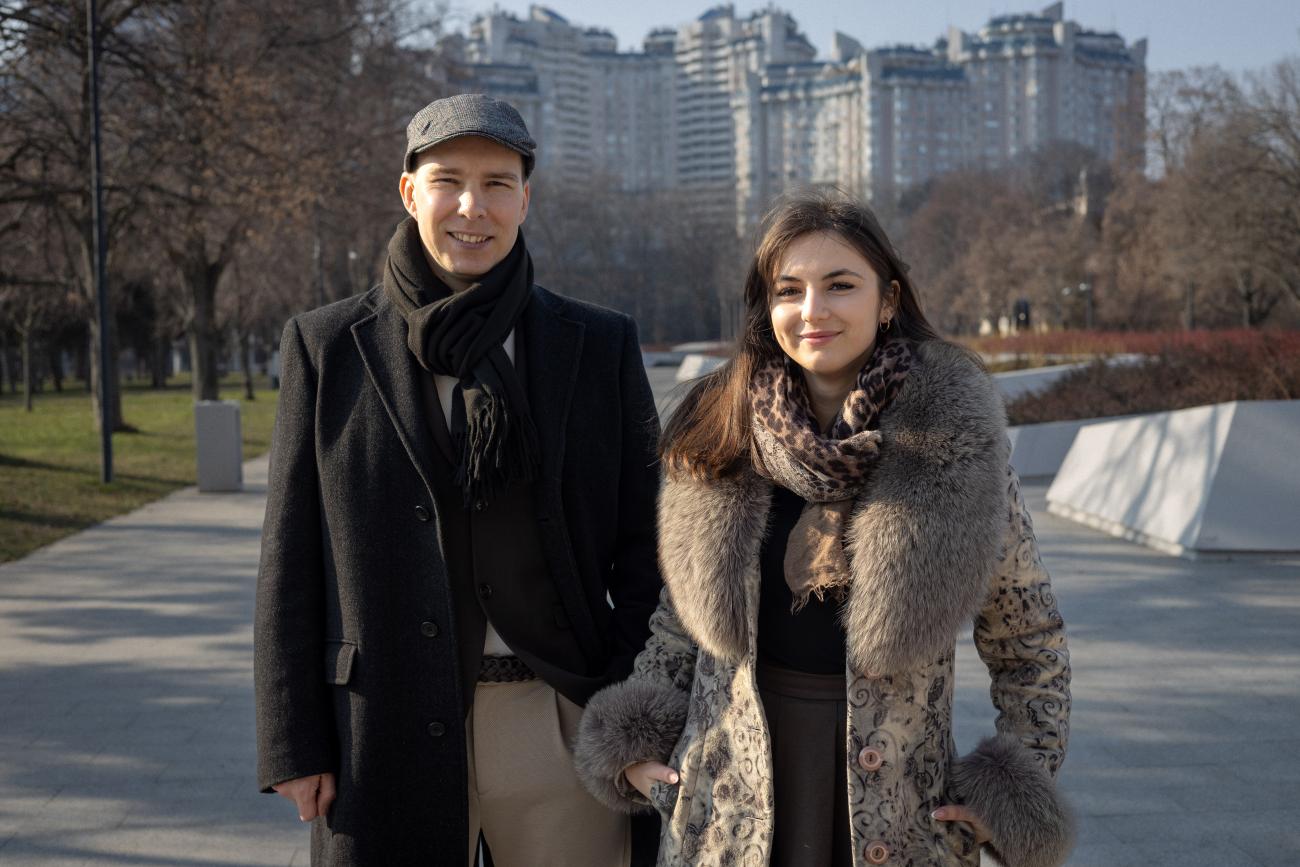
Three years ago, Ukraine astonished the world with its resilience and indomitability.
Throughout these years, Ukrainians, with the support of partners, continue to develop, support each other, and adapt to new conditions.
The United Nations Development Programme (UNDP) in Ukraine, together with partners, supports the country's development and resilience by helping communities, businesses, and state institutions overcome the challenges of war and build the future. After the full-scale invasion in 2022, the organization's activities significantly expanded.
UNDP provides comprehensive support to Ukraine, including helping to respond to emergencies and supporting long-term development initiatives. Key areas include: strengthening democratic governance and social cohesion, supporting inclusive economic development, mine action, debris removal, transition to green energy, infrastructure restoration, strengthening the rule of law and access to justice, and climate change resilience.
The stories in this photo project tell of resilience, mutual assistance, development, and the innovative spirit of people who are helping to rebuild their country.
Fulfilling a dream and finding a new purpose
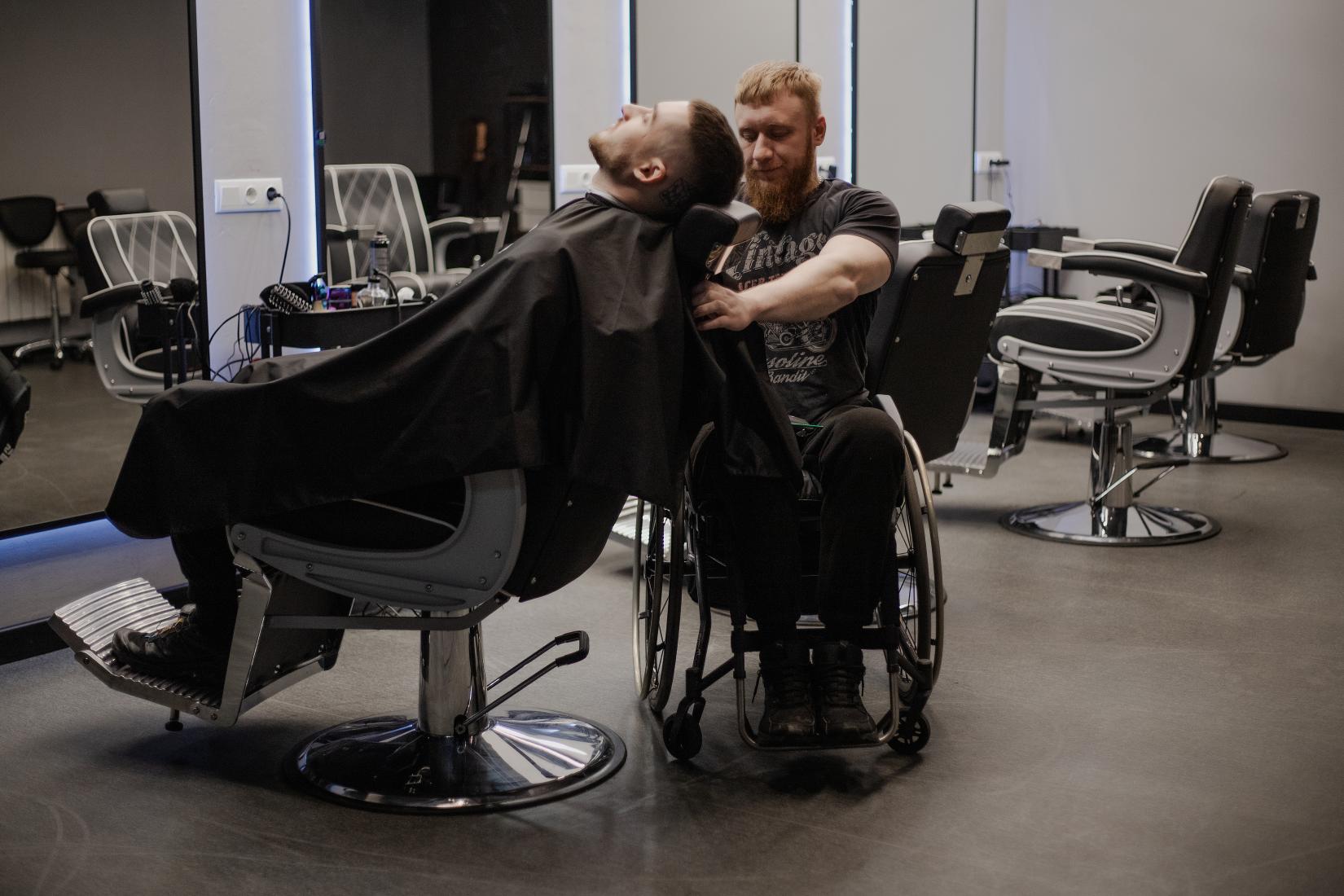
Ivan Batrak spent his entire life in Pokrovsk, Donetsk region, where he worked as a coal miner. In 2023, he suffered a severe spinal injury due to a rocket attack. This brought Ivan to the UNBROKEN rehabilitation centre in Lviv.
“I spent several months in the hospital,” he recalls. “During a therapeutic walk around the city, when I was first taken outside, I said I needed to go to a barbershop to tidy myself up because I had gotten a bit scruffy.”
The barber who cut his hair was forming a group for training. It seemed like fate: Batrak had dreamed of becoming a barber back in Pokrovsk, but never had the time to learn a new trade.
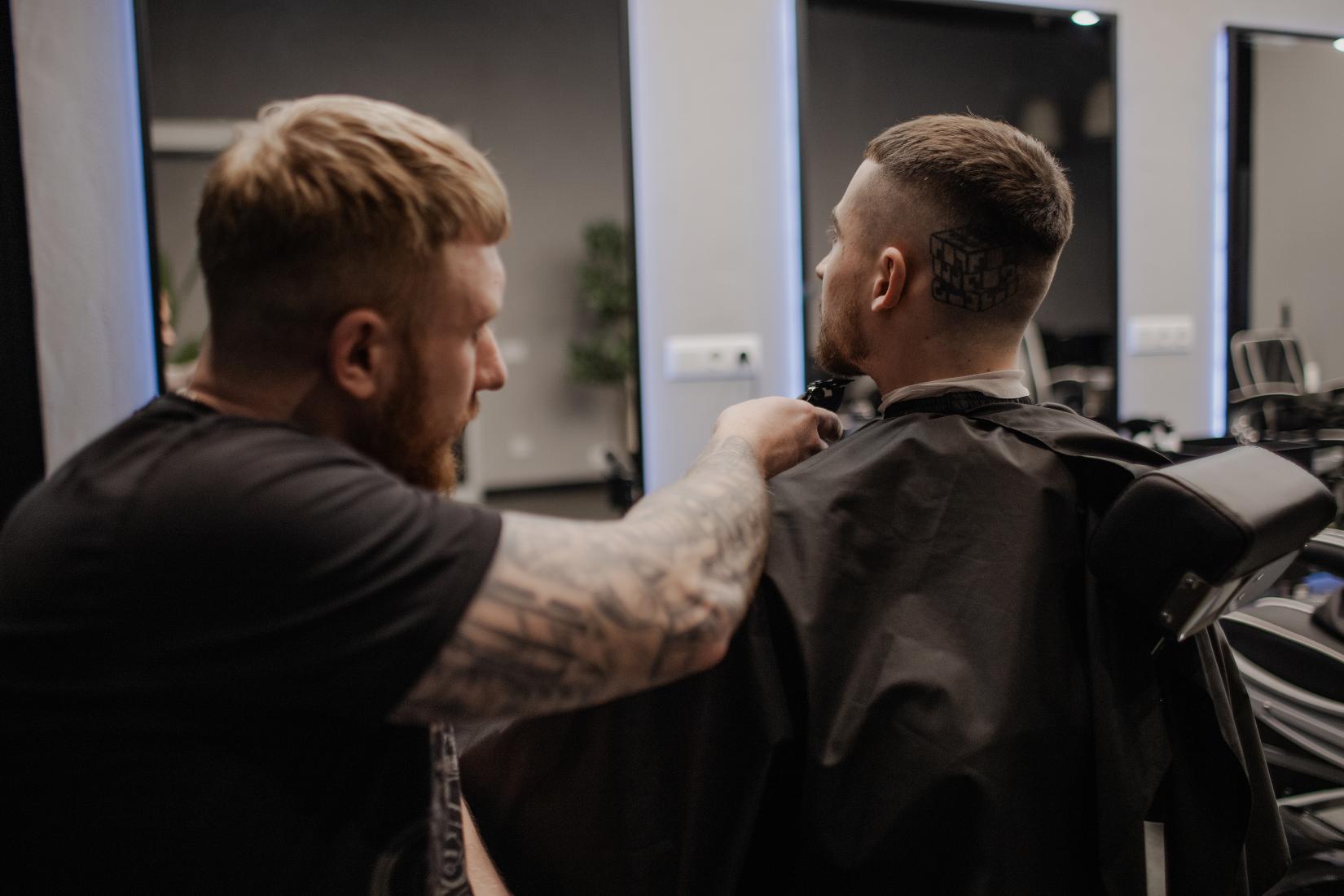
After completing the training, he now works in a barbershop that serves those undergoing rehabilitation at UNBROKEN. The centre’s barbershop setup and training programme were made possible with the assistance of UNDP and financial support from the governments of Germany and the Republic of Korea. They helped renovate a space of over 30 square metres, and provided professional equipment, barber’s chairs for training, and supplies.
For many of his clients, a haircut is like a breath of fresh air (just as it once was for Batrak himself). Thanks to the support of the rehabilitation centre and the employment opportunity, Batrak is confident he can overcome his challenges.
“It's important to provide jobs for people who have been injured and need to adapt to a new life,” says Batrak.
“Because this is about socialization and communication. Instead of lying at home, I get up, get ready, and go somewhere I can be useful.”
War can't stop Olympic dreams
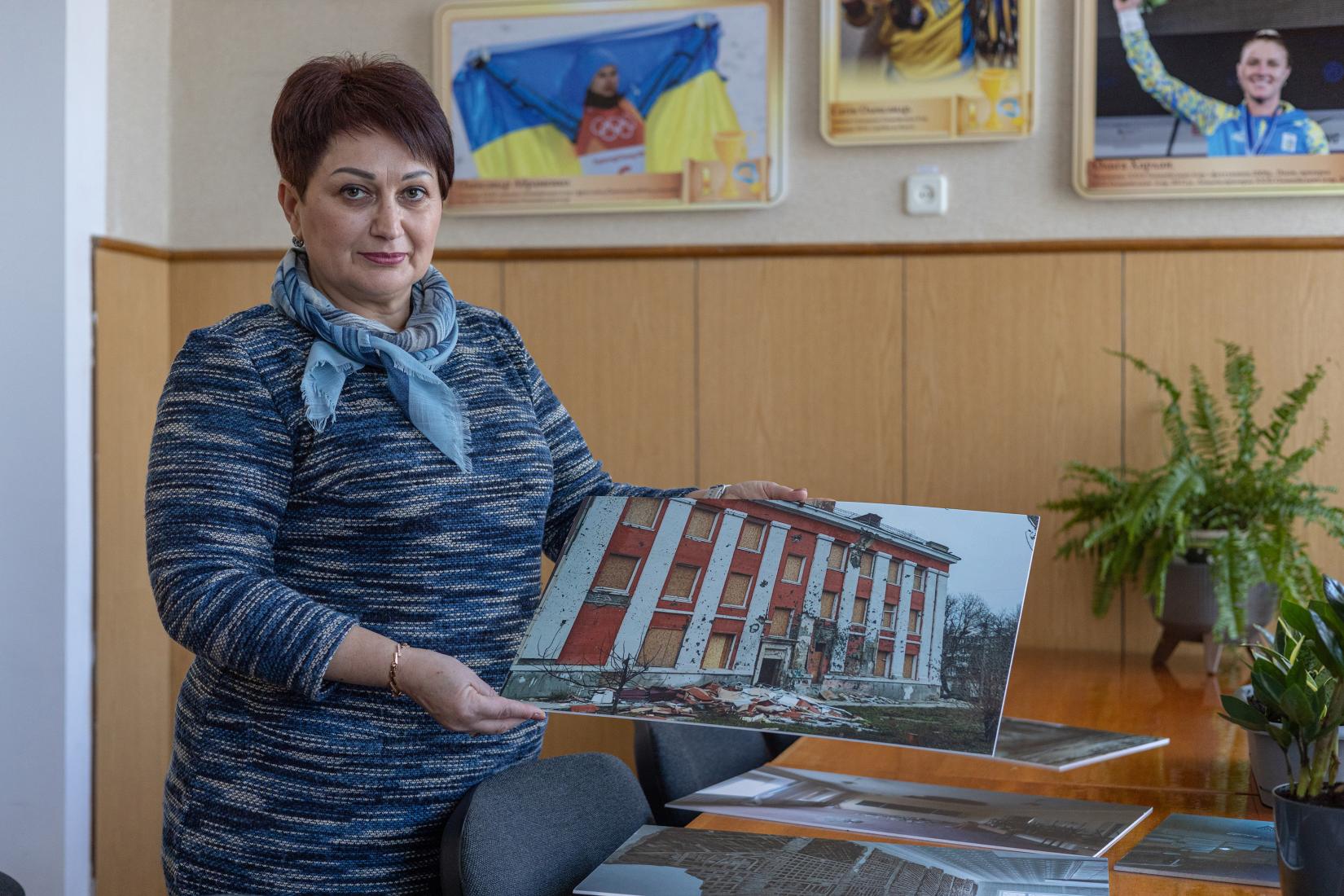
All educational institutions take pride in their graduates, but for the Mykolaiv Professional College of Physical Culture, it is a particular joy to count the number of their students that have competed in the Olympic Games: Over 30 athletes who have represented Ukraine in international competitions (such as multiple medalist Olha Kharlan) studied at the college in Mykolaiv.
The college continued to operate even after the beginning of the full-scale invasion. However, missile strikes then caused damage to both its dormitory and academic building.
“After the first hit to the dormitory roof, everything was badly damaged here,” says Petrukhina. “We tidied up the academic building a bit, covering the windows with plywood. But then there was a second strike on the building next to the academic building. And again, the blast wave damaged our building.”
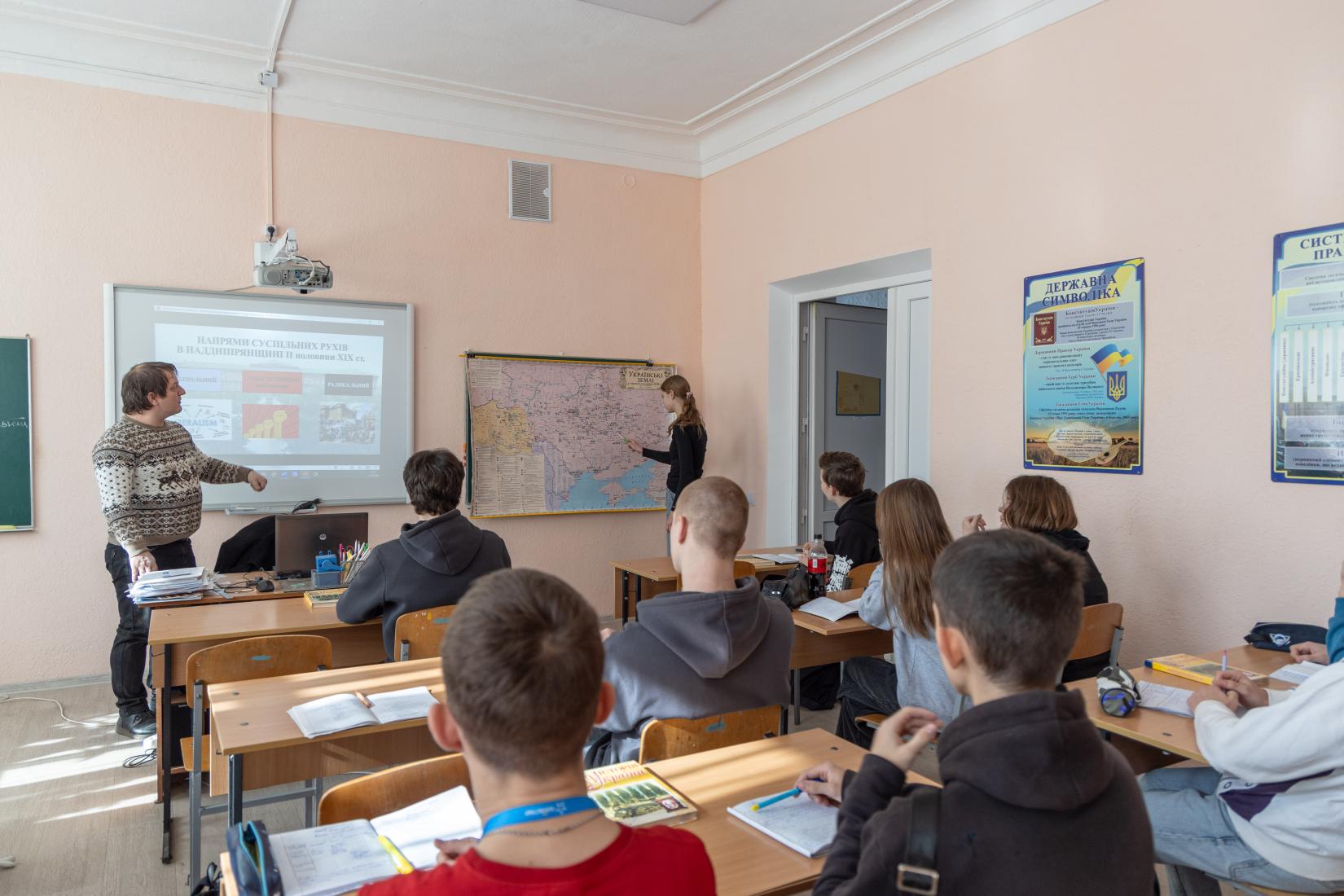
Petrukhina has dedicated over 20 years to helping nurture generations of outstanding Ukrainian athletes. The college offers students and pupils a choice of 18 sports, and currently, there are 235 children studying here, of whom 140 reside in Mykolaiv and study in the academic building. The continued operation of the college has been made possible through the support of the European Union and the United Nations Development Programme in Ukraine, which helped restore the damaged building. Repairs to the dormitory are ongoing, so students from other cities continue their studies online. However, Petrukhina believes that all students will soon return to the college's premises.
“Our kids are continuing to learn and develop,” she says. “Sport is life. When you look at the children who are training, striving to achieve their goals, you yourself become inspired. You see the results of all the efforts made. We teach them, and they teach us.”
A New Calling: Freeing the land from mines
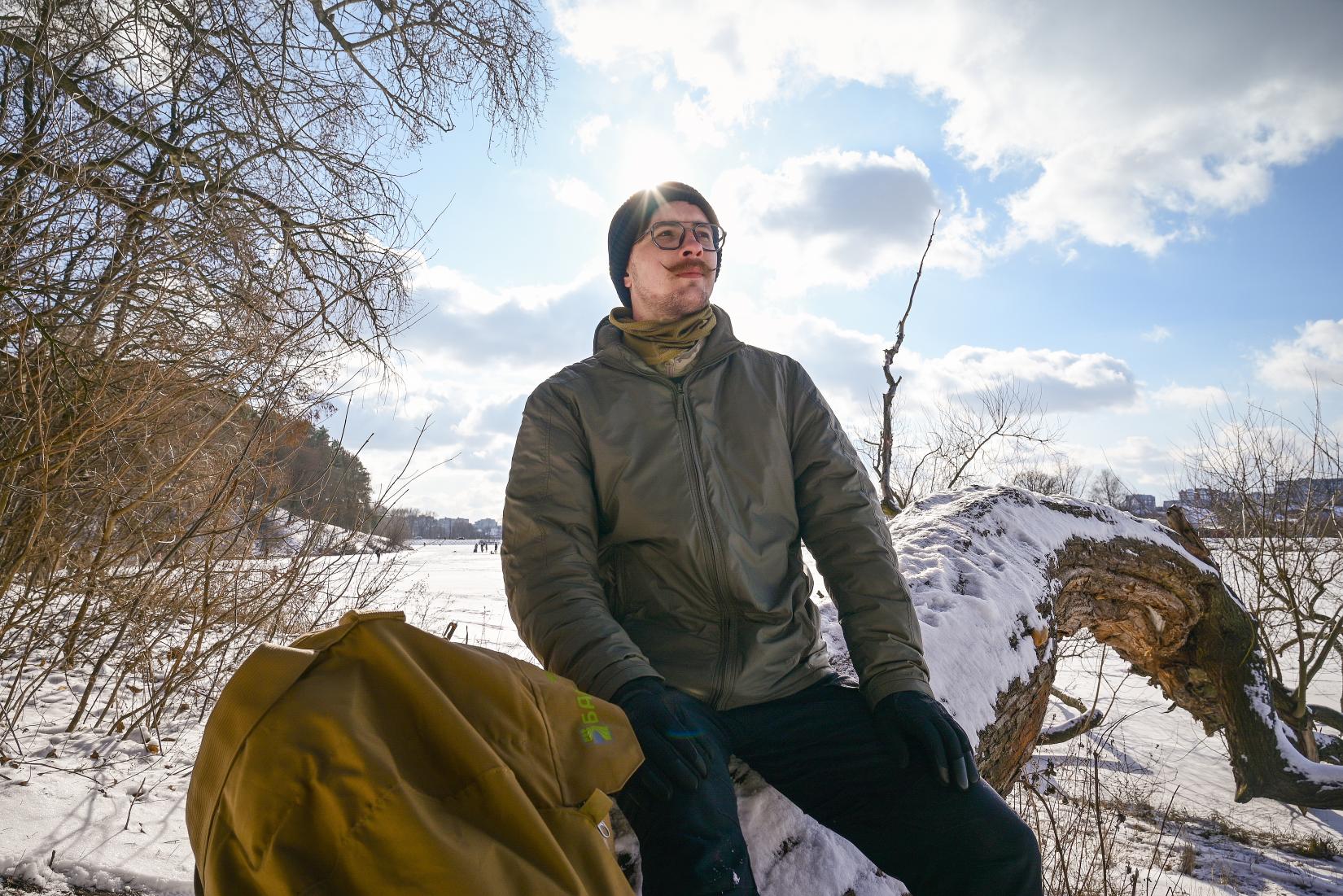
After being wounded, Oleksandr Tarasovsky completed a course in mine action and is now preparing to clear Ukrainian lands of mines.
Before the war, he switched between professions: he was an actor, a bartender, and worked in an auto repair shop. When Russia launched its full-scale invasion of Ukraine in 2022, he volunteered for the front, where he suffered a mine-explosive injury to his arm.
After leaving the military, he searched for his place in civilian life: practicing jiu-jitsu at a veterans' club and trying to return to his former work.
“I tried working as a bartender again, but I didn't feel like I belonged,” Tarasovsky explains. “I wanted to be useful to the country.”
In December 2023, he learned about a humanitarian demining course for veterans with disabilities organized by the Ministry of Economy and UNDP with support from the Netherlands and Sweden. He also completed courses in tactical medicine and is now preparing to work for the international company Global Clearance Solutions Ukraine.
“Land is perhaps the greatest resource that can be utilized for the country's future, but now it's full of mines,” Tarasovsky says.
“What could be more important than freeing the land of mines?”
From math teacher to solar pioneer
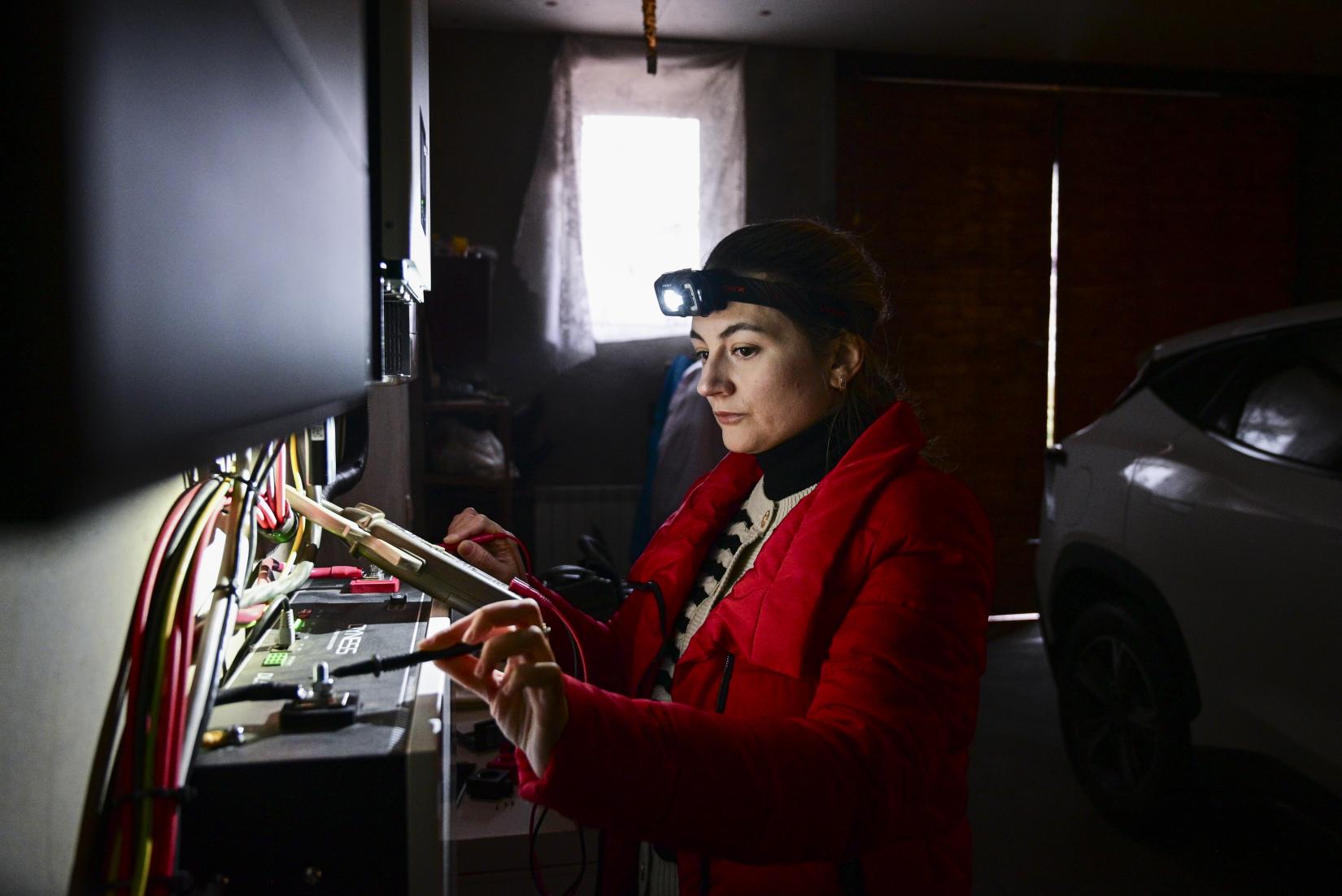
In war-torn Ukraine, 36-year-old Maria Burenina is working for a sustainable future in Chernihiv region. Together with her husband Oleh, Burenina has transformed their family business from installing heating systems to mounting solar power stations, addressing the critical need for electricity in an area severely affected by Russia’s full-scale invasion.
“The most rewarding moment is when you press the button, and everything works – the client's satisfaction is priceless,” Burenina smiles, describing the rewards of her work process, which involves extensive calculations, equipment installation, and system integration.
Initially handling office tasks in their joint venture, Burenina’s background as a mathematics and computer science teacher has proved invaluable in her latest career. Her growing passion for the technical aspects of their work led her to a unique opportunity: a training programme for women in solar power station installation, organized by GEF, the United Nations Development Programme in Ukraine, and Atmosfera, a major solar equipment importer.
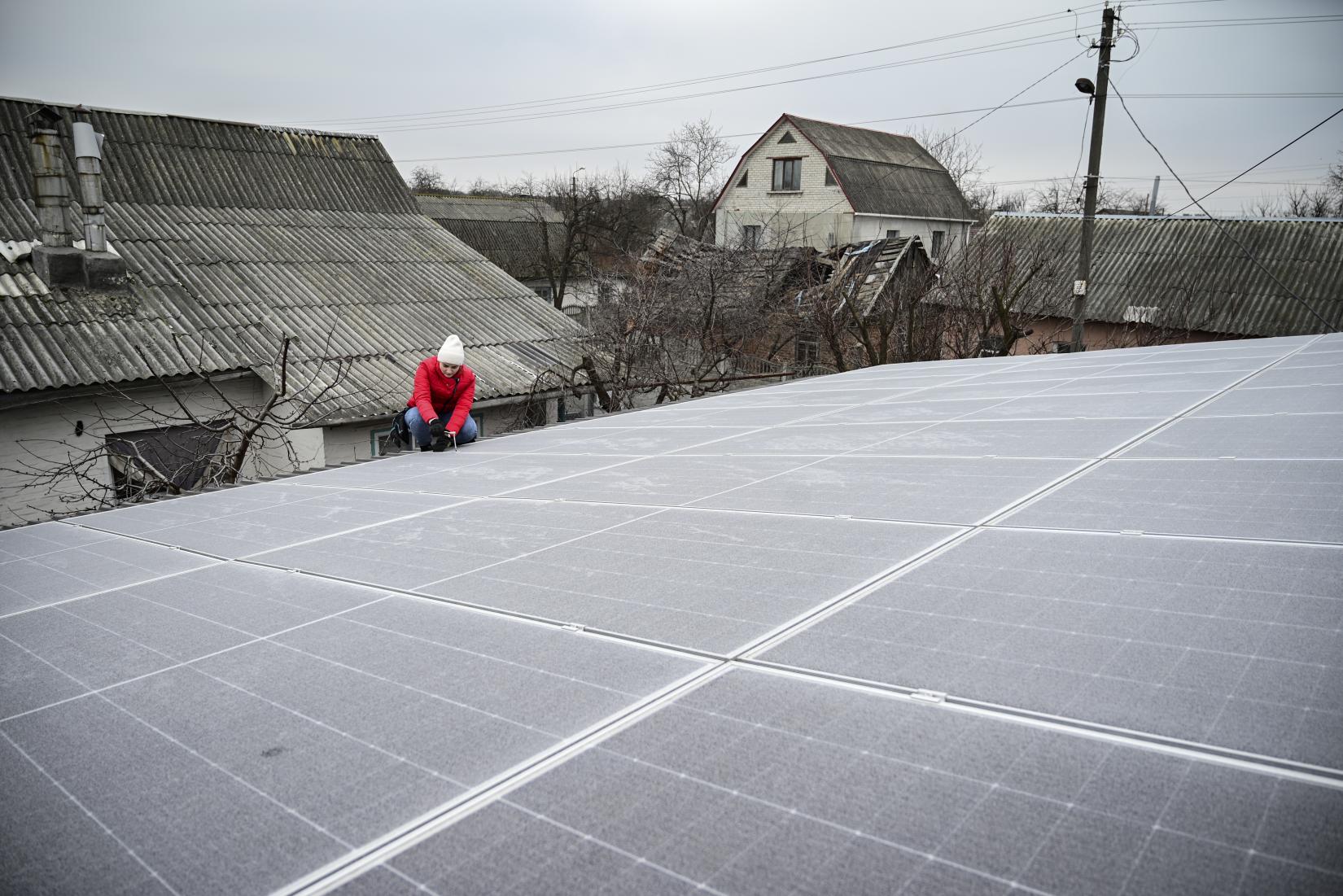
The intensive course covered both theory and practice. Ten women, including Burenina, learned how to perform calculations and understand the specifics of operating the equipment before traveling to Kyiv for hands-on training. They practiced on roof mock-ups, mastering field work and high-altitude installation techniques.
“I loved every minute of the training,” Burenina enthuses. “Now, we have ambitions to do more. People aren’t even asking about the payback period anymore. They say, ‘I’m buying comfort. I don't want to suffer from non-functioning appliances and heating.’ Our work will always be needed.”
Young leaders transform Odesa
Brought together by the VidNOVA:UA national programme, which engages young people in rebuilding Ukraine with support from the United Nations Development Programme in Ukraine and with funding from Denmark and Japan – Mariia Chilei and Yevhen Popiesko worked on rebuilding spaces to become youth centres. They drew inspiration from dynamic cities, vibrant people, and enriching activities they experienced while taking part in VidNOVA:UA themselves.
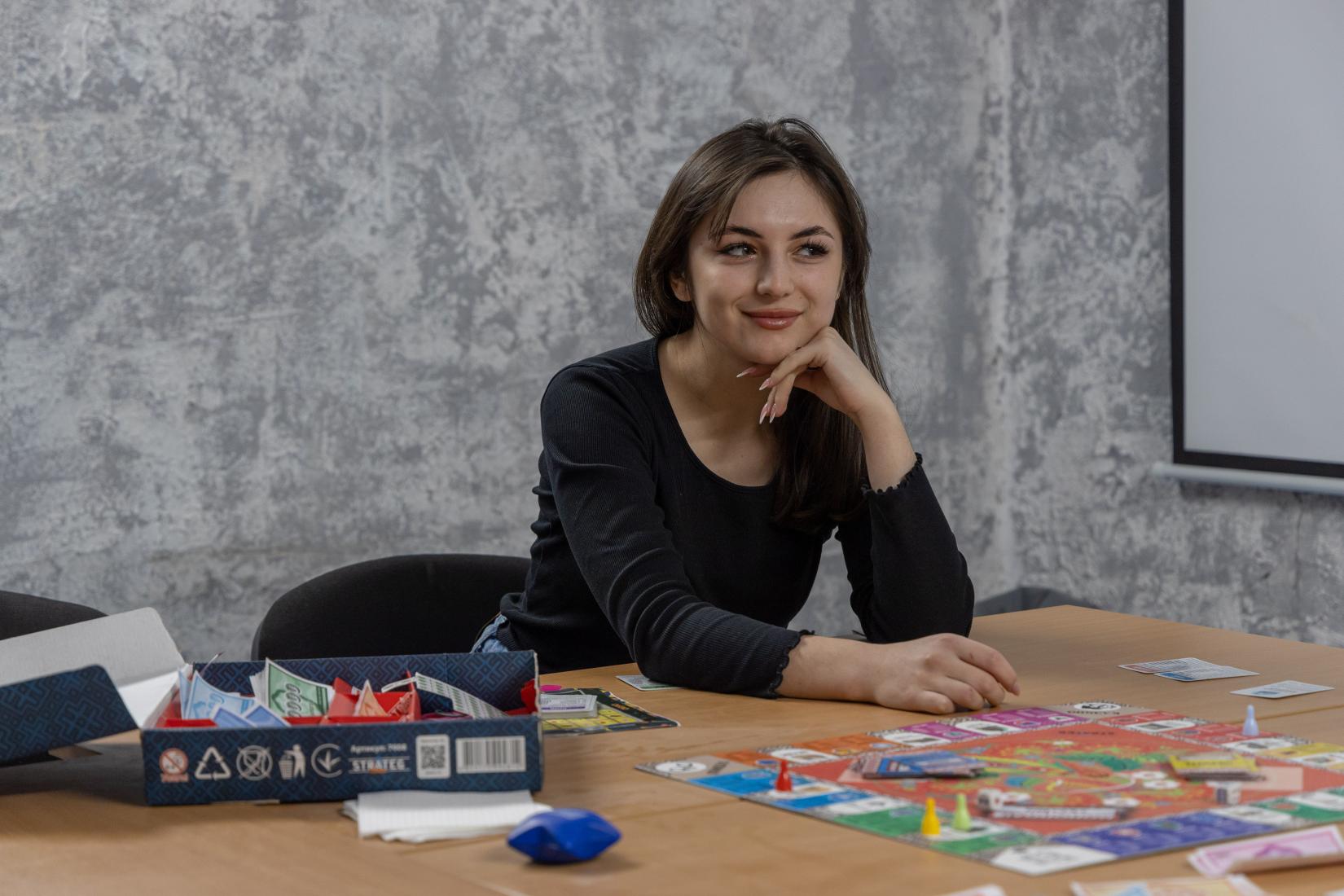
Before joining the programme, Chilei was aware there were training sessions and projects, but she only found out about VidNOVA:UA through and advertisement on Facebook. She applied, and eventually, both she and Popiesko were selected: Chilei went to Mukachevo, and Popiesko to Rokytne and Manevychi. “The experience we gained is irreplaceable,” Chilei says. “Afterward, it feels like you can achieve anything.”
Returning home inspired, in August 2024 they organized a VidNOVA:UA project in their native Odesa, inviting participants from 11 regions of Ukraine to renovate the city's municipal youth centre. Together, they revitalized the neglected semi-basement rooms by stripping them down, plastering, and painting them.
But that was not all: Chilei, who was also the founder of the Ukrainian National Space NGO, and Yevhen, a project manager and trainer, also aimed to show off a different, authentic side of Odesa to the VidNOVA:UA participants.
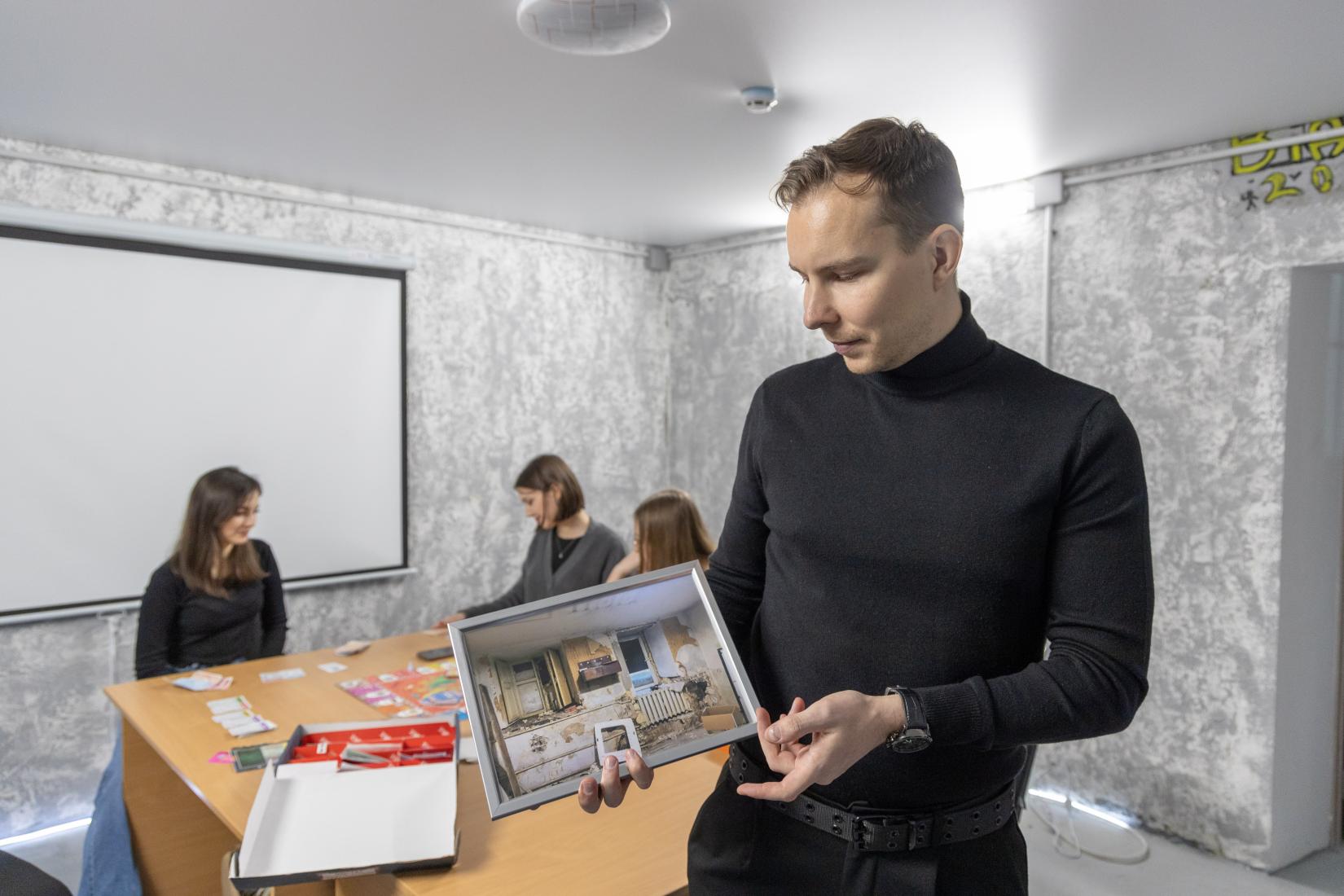
“It wasn't just about restoring spaces, but about restoring people,” Chilei adds. “In this tense time, they come to a place where they can reset and feel revived through volunteering, community, cultural programmes, and contributing to the country's development and future transformation. This is because each space is an investment in the future, encouraging them to return home, eager to do more.”
The space the visitors to Odesa helped revive is now comfortable and accessible. Today, it hosts clubs and gatherings for young people, and its once unopenable windows and peeling walls are now a thing of the past.
Taking Ukrainian business to a global level
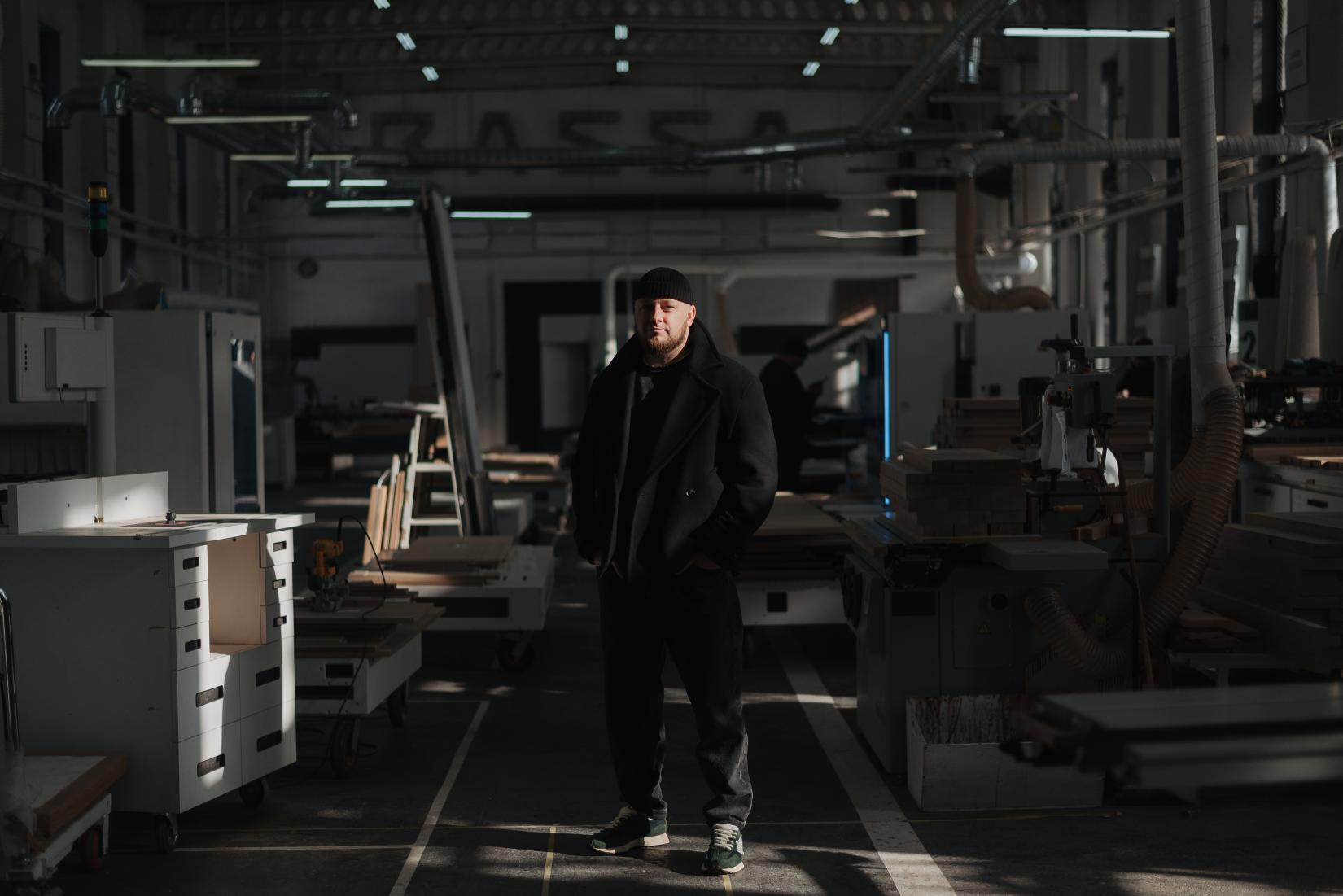
In 2017, Serhiy Shtefan was creating furniture when entrepreneur friends proposed jointly founding a furniture factory – they saw there was a gap in the market for businesses handling complex furniture projects.
Initially, Bassa factory had four employees — Shtefan, his partner, and two installers. Today, seven-and-a-half years later, the company has five co-founders and over a hundred employees. Bassa specializes in manufacturing custom-made premium office furniture, primarily collaborating with design studios.
“For the first three years, we worked non-stop,” Shtefan says. “Now we have a large design department that allows us to provide a full range of services. To make it comfortable and interesting for the customer to work with one company, we cover almost all their needs. This way, our dependence on contractors is minimal.”
Over the past six years, Bassa hasn’t missed a single order deadline, which is rather an exception in the furniture industry. The factory implements projects of various scales: from furniture for a 40 square metres wheeled house to complex solutions for 700 square metres premises.
This is how the Ukrainian entrepreneurs realized they were ready to work for export. Bassa has already completed projects for two apartments in Dubai and collaborated with customers in the Czech Republic, the United Kingdom, Georgia, and the Netherlands.
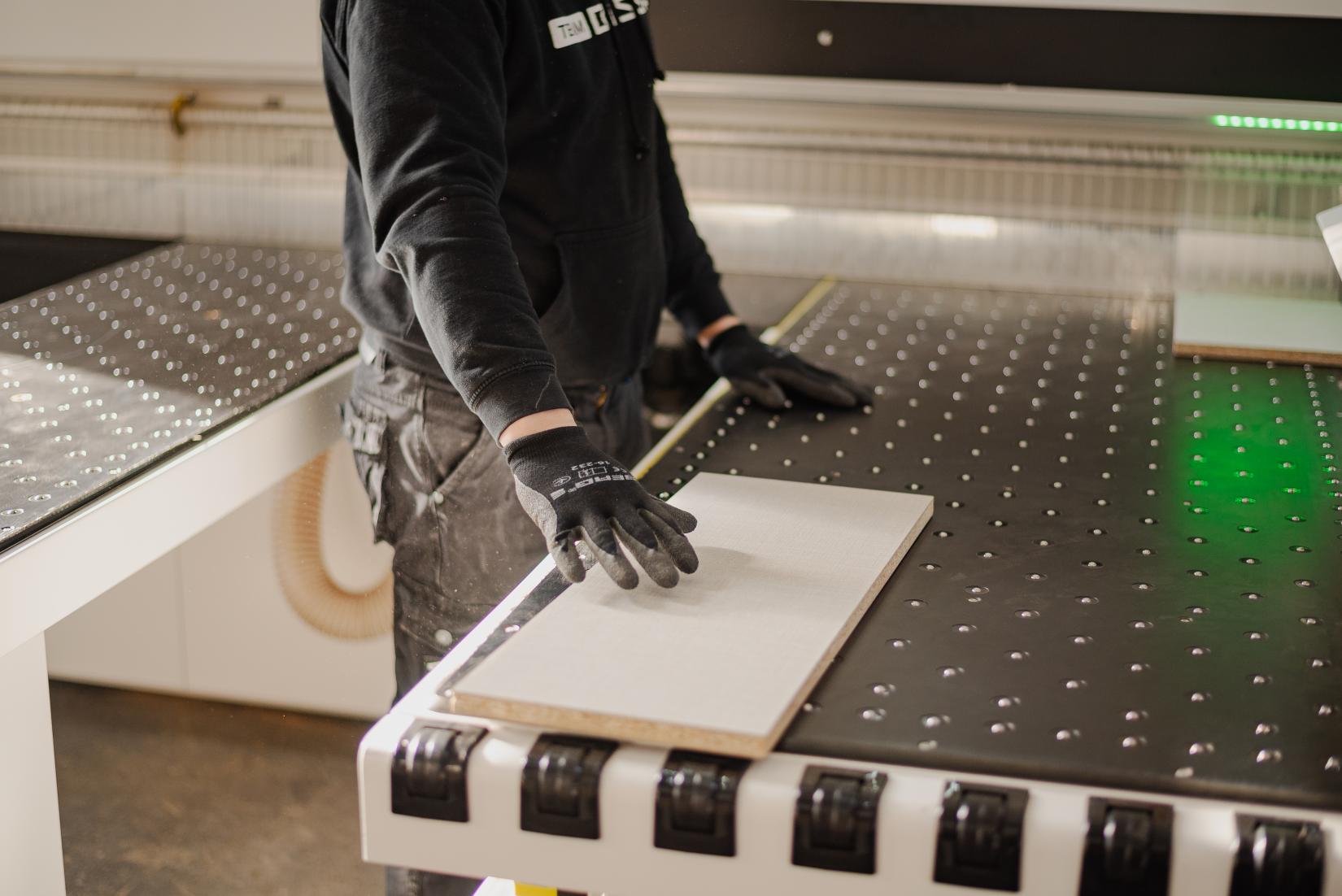
To develop alongside the industry and share gained experience, Bassa has been cooperating with the Ukrainian Association of Furniture Makers for five years, supported by UNDP and Switzerland.
“This is a great opportunity to exchange experiences with our colleagues,” Shtefan says. “The events where we meet and communicate allow us to reboot our minds, hear colleagues' experiences, and from this – draw conclusions and improve.”
Bassa is also a partner of the association in the Furniture Maker School project, aimed at solving the industry's main problem – a lack of qualified personnel. The programme allows the factory and colleagues to train and attract new staff.
“Our main asset is a strong team, without which nothing would have been possible,” Shtefan explains. “I believe in our cause and hope that soon the war will end, and we'll be able to fly abroad almost weekly, open showrooms in Dubai and Europe, and maybe even open another furniture factory outside Ukraine.”





